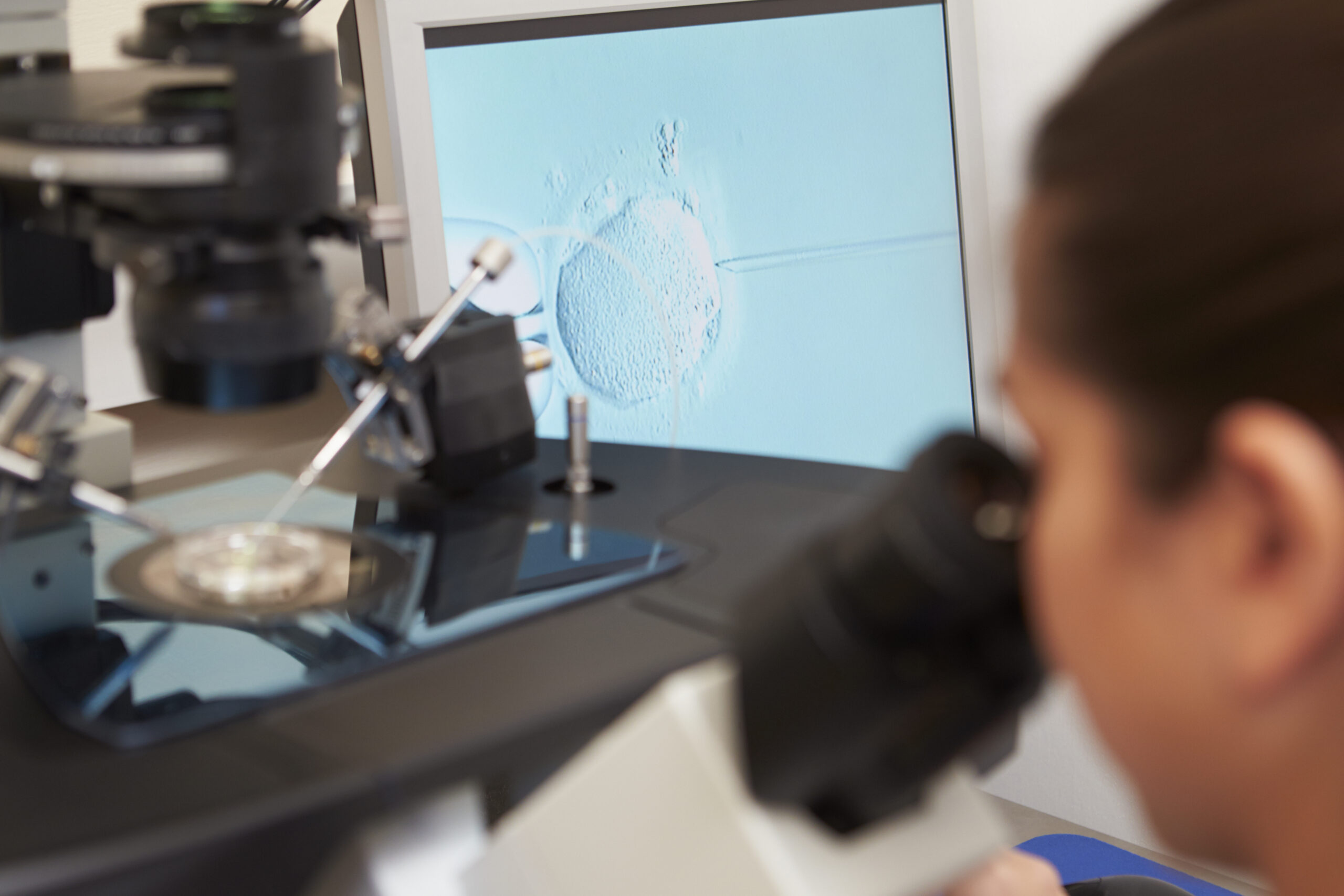Preimplantation Genetic Diagnosis or PGD is a method that enables couples to decide the gender of their baby. At the same time, PGD guarantees, with high certainty (around 99%), that their baby will be genetically healthy. PGD involves performing a genetic analysis on sample cells from the embryo before it is transferred to the uterus. When the embryo is old enough (on the 3rd day of development), we do a biopsy on sample cells to determine unbalanced genetic translocations and defect chromosomes 21, 18, 13, Y, and X using the FISH procedures which match the different DNA fragments for fluorescein analysis.
That way, our genetic experts screen more than 400 hereditary diseases using :
Cyprus IVF Clinic delivers one of the most successful gender selection programs in Europe and abroad, giving couples the opportunity to choose the sex of their next child before pregnancy.
On their journey to start a family soon, many couples choose PGD to give their IVF treatment improved success rates. Indeed, PGD is a much-preferred IVF method for couples at risk of passing on a genetic condition or disease. So, PGD is an excellent option for patients desiring to make sure the embryos that will be transferred to their uterus will be chromosomally normal. It is also recommended for women experiencing recurrent pregnancy loss and/or who are carriers of genetic disorders. However, PGD is a superb gender or family balancing selection, too. We will talk all about PGD right below!

Preimplantation Genetic Diagnosis (PGD) is a method that was developed in the early 1900s. It enables us to test embryos for genetic defects before we perform the embryo transfer. Over the years, it has undergone major improvements, which allows us to be able to evaluate the full spectrum of chromosomes in a much more efficient way than before. So, if there is a genetic condition present in your family, you know that one of your options to reduce the risk of passing the condition onto your embryo is via PGD testing. This is particularly helpful when undergoing an IVF treatment as it improves your success rates and helps prevent a pregnancy that could potentially be affected by a chromosomal disorder or genetic condition.
To date, there are several different types of PGD. Since each case is different, it is advised to discuss these with your physician, who will determine the right one based on your individual needs. Or, you could schedule an appointment with us and have one of our fertility experts screen you and evaluate your case.